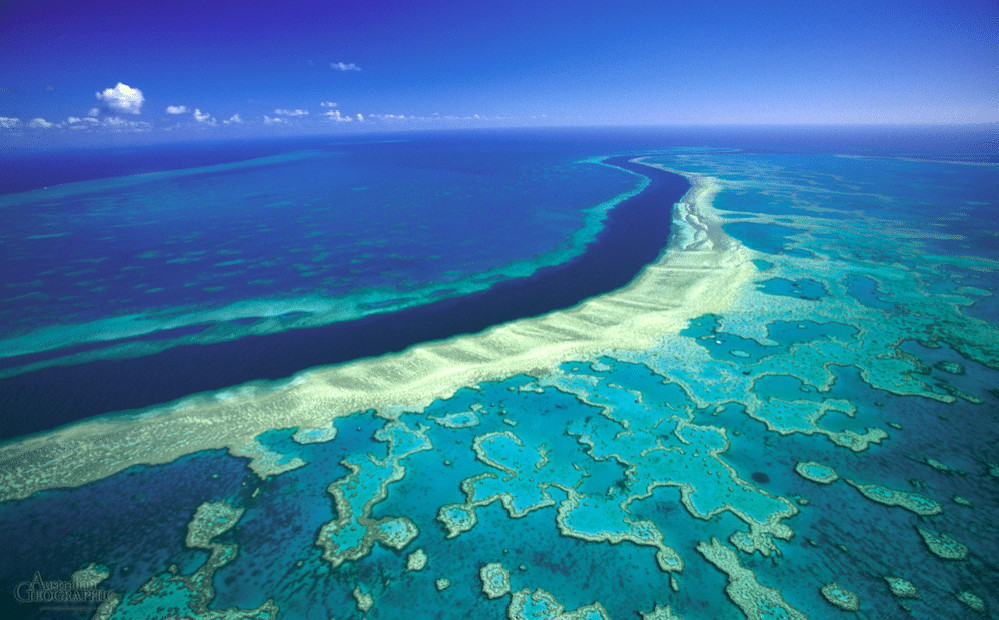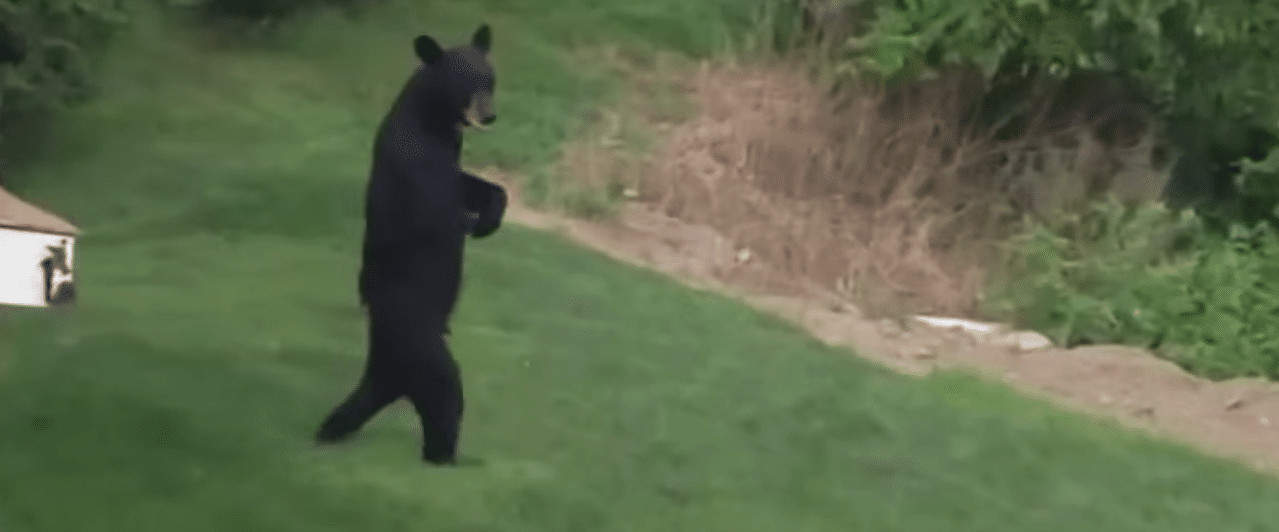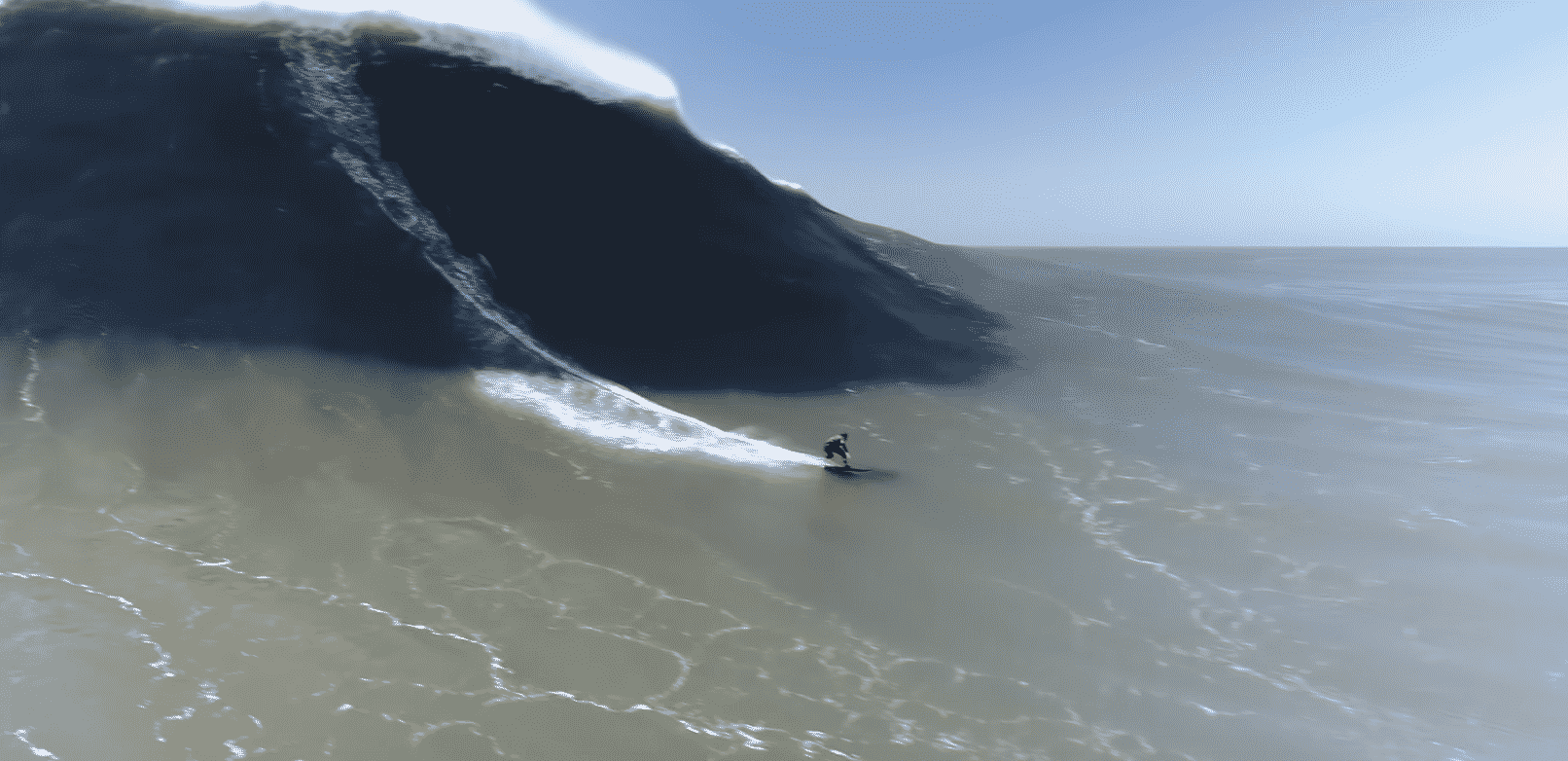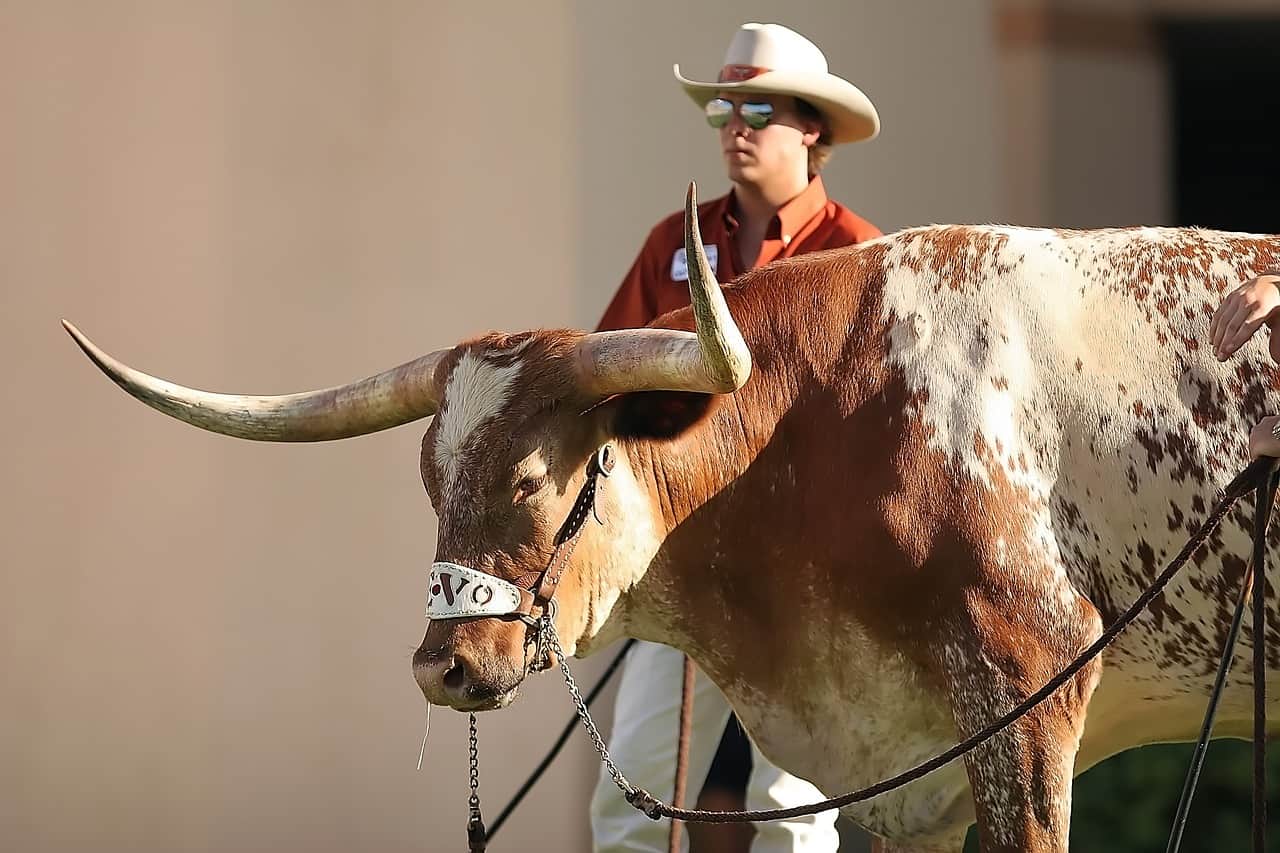
What happens when a satirical (for the most part) obituary claiming the Great Barrier Reef is dead goes viral? A lot.
Spanning over 1,400 miles, with 3,000 individual reefs, that’s a lot of real estate to claim is done for.
While it’s true the Great Barrier Reef, located off the coast of Queensland, Australia, isn’t doing so hot right now – it’s been hit by El Niño and climate change pretty hard in recent years – it’s not necessarily the end, if we fight to help it survive.
“The Great Barrier Reef of Australia passed away in 2016 after a long illness. It was 25 million years old,” the obituary, written by Rowan Jacobsen for Outside, reads.
While the GBR is dying, it’s not dead yet. There’s still hope for the world’s largest living structure, which can even be seen from space. Ironically, the obituary claiming the demise of the reef could be what ultimately brings enough attention to the awful state it’s in to push people to do something about it.
On the other hand, there are many that will take the headline at face value. Something that is an ever growing issue as more and more content crosses our newsfeed. That’s the problem Russell Brainard, chief of the Coral Reef Ecosystem Program at NOAA’s Pacific Islands Fisheries Science Center, has. He believes those who don’t know any better, “are going to take it at face value that the Great Barrier Reef is dead.”
What is true is that a recent bleaching event has killed 22 percent of the reef. That’s a lot, of course, but that leaves 78 percent is still alive, though in desperate need of help.
Brainard says the bleaching of the reef was a “severe blow” that seriously damaged the reef, but it’s still very far from taking its final bow.
Saving the reef is imperative, not just because it would be a great loss to an amazing piece of bio-diversity, but also because it’s responsible for creating tens of thousands of jobs.
“We can and must save the Great Barrier Reef ― it supports 70,000 jobs in reef tourism,” Terry Hughes, director of the ARC Centre of Excellence for Coral Reef Studies, said. “Large sections of it (the southern half) escaped from the 2016 bleaching, and are in reasonable shape. The message should be that it isn’t too late for Australia to lift its game and better protect the GBR, not we should all give up because the GBR is supposedly dead.”
Giving up isn’t the answer. There is still a lot that can be done to minimize damage from climate change. The Great Barrier Reef is dying, but hope still remains for recovery.







